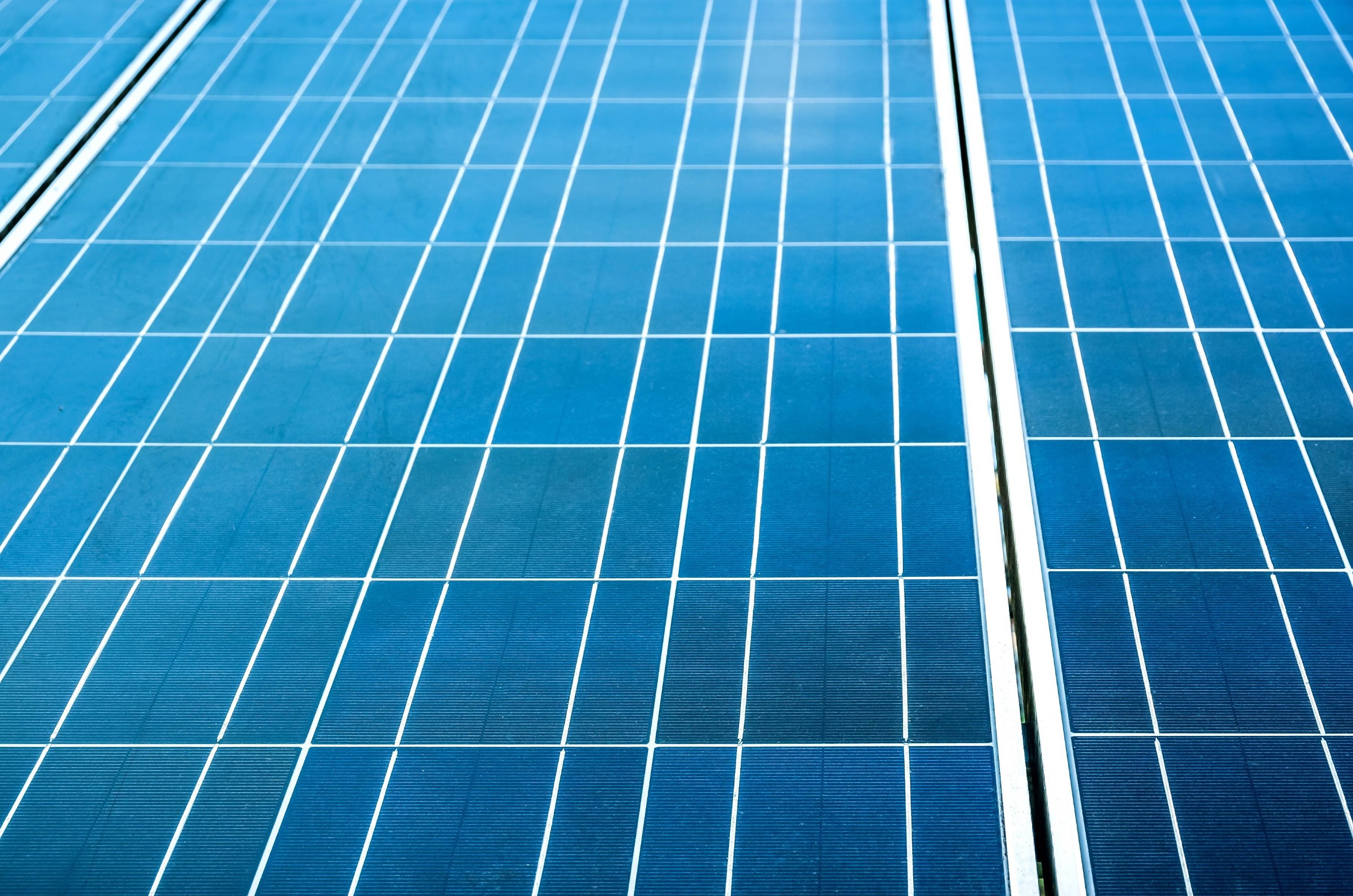Every car, home or landowner will become an electricity producer at the same time. Away with dependence on oil and electricity companies!
| August 2003 issue3
Of course, the question remains: Who wants a revolution? The hydrogen economy promises to create a new world. Not only as regards North-South relations, but also within modern Western societies. The energy supply is currently in the hands of oil and electricity companies. In the hydrogen economy, every consumer will also be a producer of energy. In his recent book ‘The Hydrogen Economy, The Next Great Economic Revolution’ (Tercher Putnam, 2002) Jeremy Rifkin describes how a ‘worldwide hydrogen web’ would evolve if millions of users linked up their fuel cells using the existing electricity structure.
An example: cars will become small, mobile power stations with a capacity of at least 20 kilowatts. Plausible? The average car remains parked 95% of the time. During their prolonged periods of inactivity fuel-cell cars could be ‘clicked’ into the grid at home or in the office. The driver becomes an electricity producer and the car becomes more than a space-consuming means of transport. The fuel-cell car is a profit centre. This may seem to be no more than a nice fringe benefit, but if all cars were equipped with a fuel cell, the capacity created would exceed several times the current amount of electricity available in the world. The question remains where these drivers/electricity producers will get their hydrogen; see Amory Lovins’ transition strategy.
The car owner will not be the only electricity producer. Homeowners will have the same opportunity as will landowners, such as farmers. In theory, everyone can become an energy (electricity) producer with the help of a solar panel and/or a windmill, and a fuel cell. In the first instance, the energy yield would go to meeting the producer’s needs. The rest could be sold to the community. The first steps towards this new energy world are already being taken. More and more homes have solar panels, which also return energy to the electricity grid. Rifkin talks of the perspective of ‘democratic energy’ – a revolutionary change reminiscent of the coal-generated steam energy that started the Industrial Revolution.
Ultimately this revolution will eliminate current power stations powered by oil, gas and nuclear energy. The power companies will take on a new role: no longer producers and suppliers, they will instead become service providers that maintain the global energy web. They will ensure that the locally generated electricity is efficiently distributed so that demand can be met at any moment anywhere. To use an Internet analogy, they will become ‘content managers’.
The democratisation of energy will be stimulated by the fact that the new decentralised method of production is cheaper than the conventional centralised method – particularly in remote areas. Rifkin writes: ‘It costs a power company between $365 and $1,100 per kilowatt to lay an electricity cable for a new client. In the case of decentralised production, the cost is between $500 and $1,000 dollar per kilowatt.’ When electricity is produced close to users it also decreases the substantial transmission losses (up to 10%) power companies currently face.











